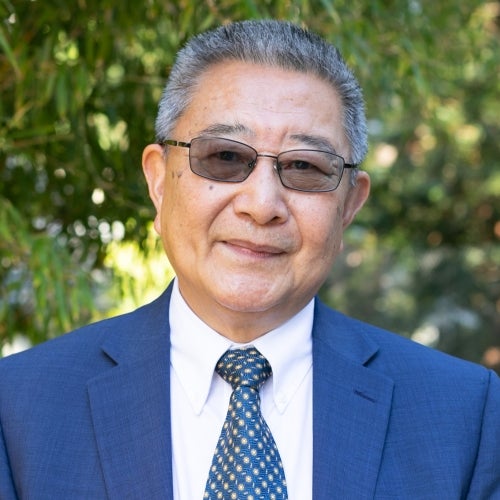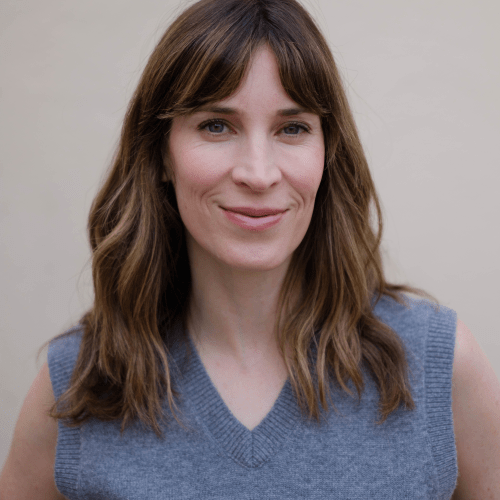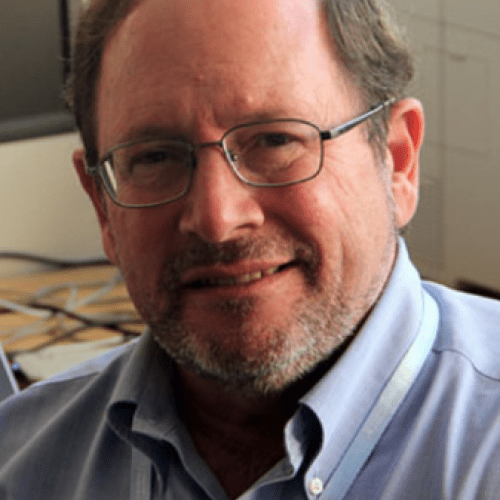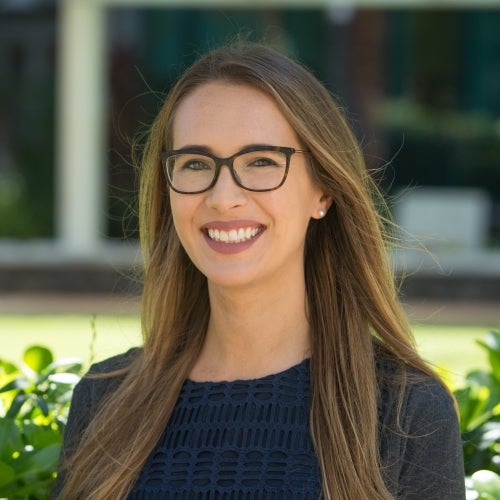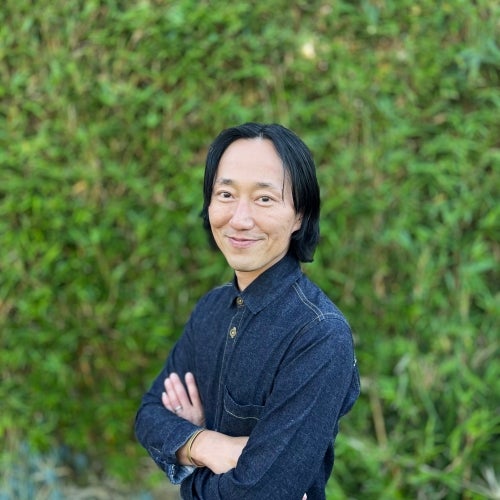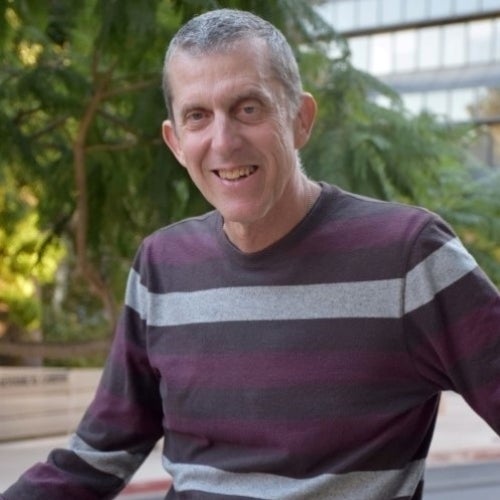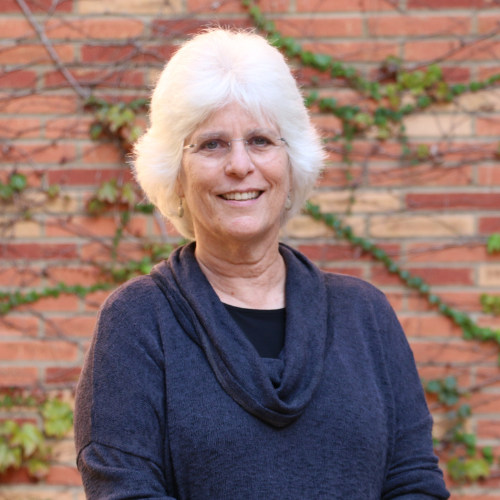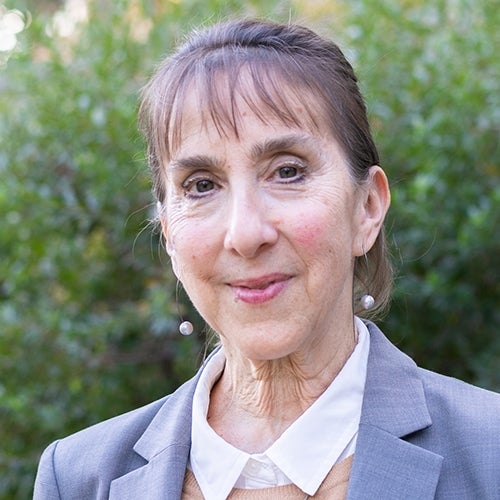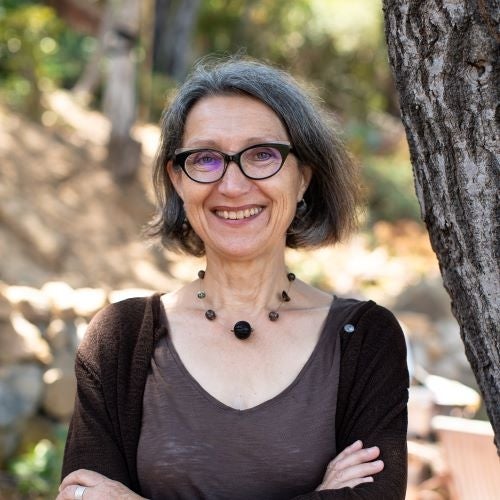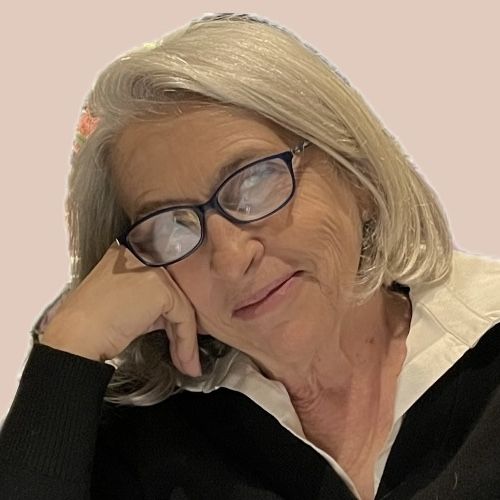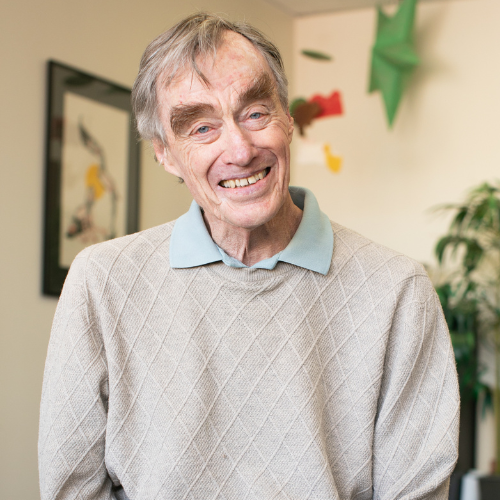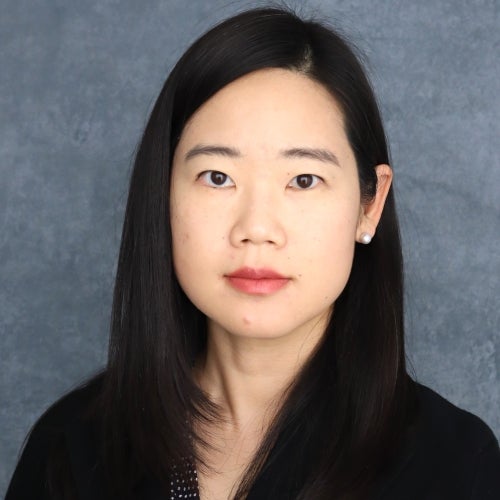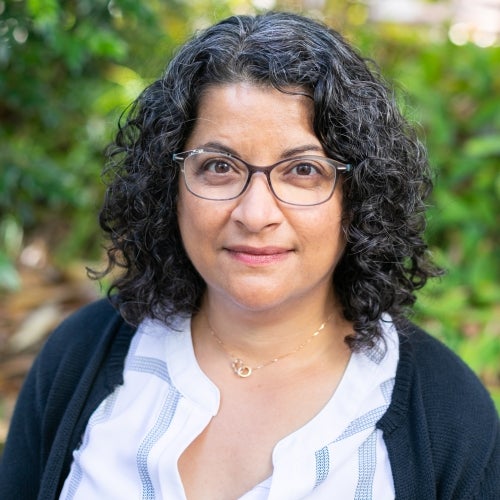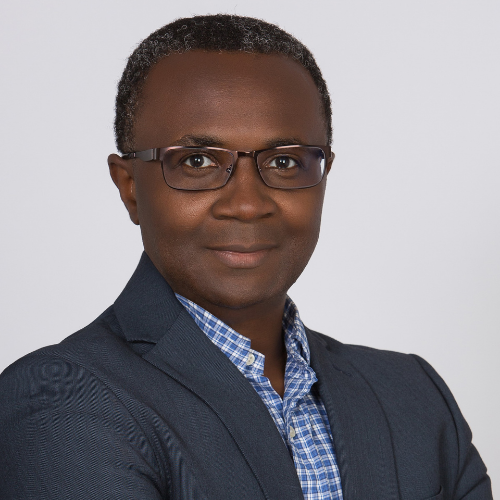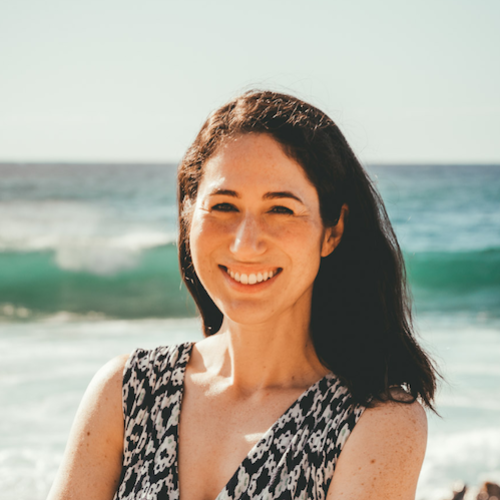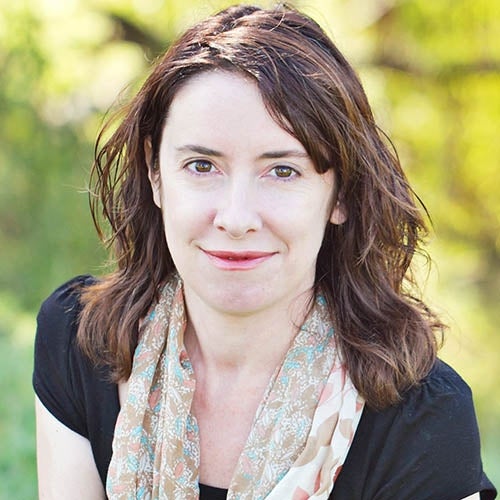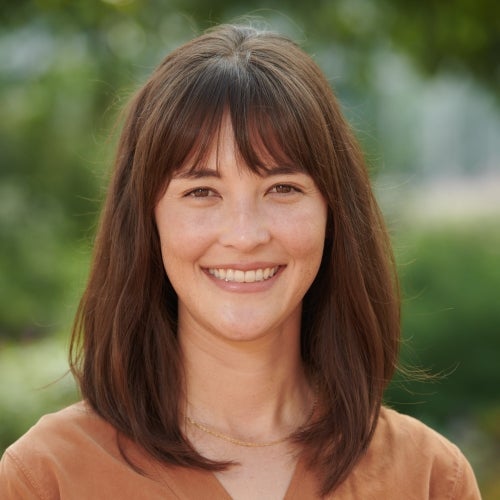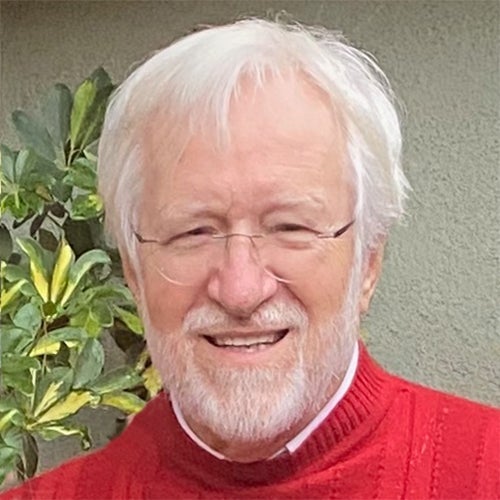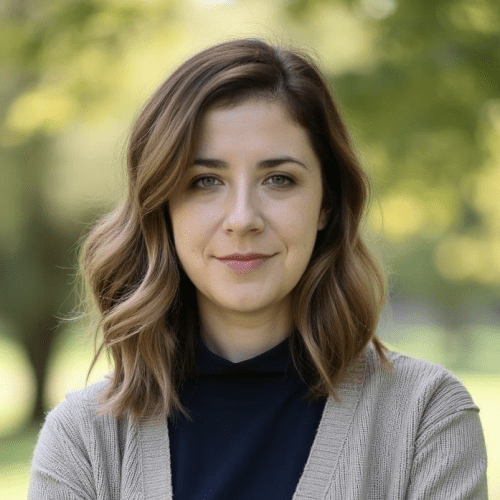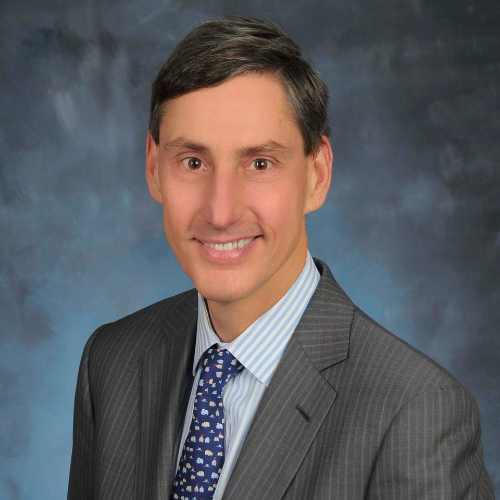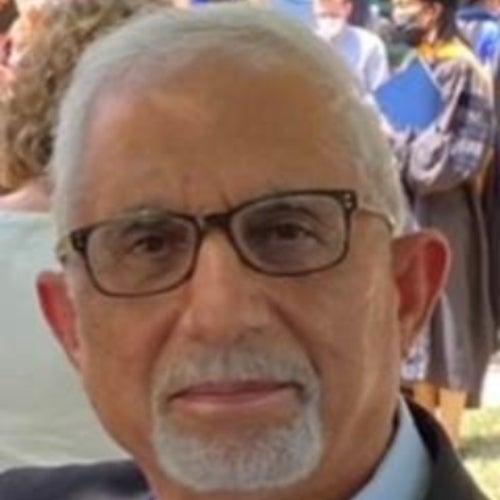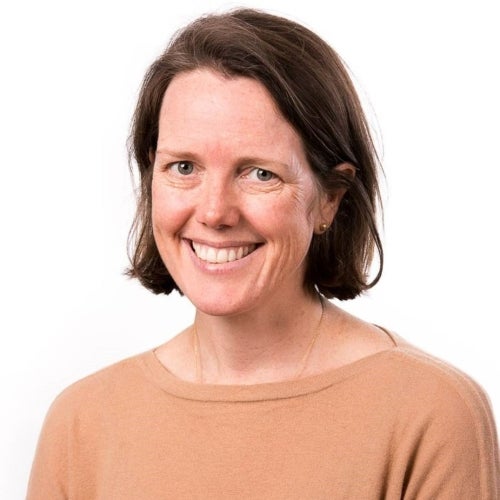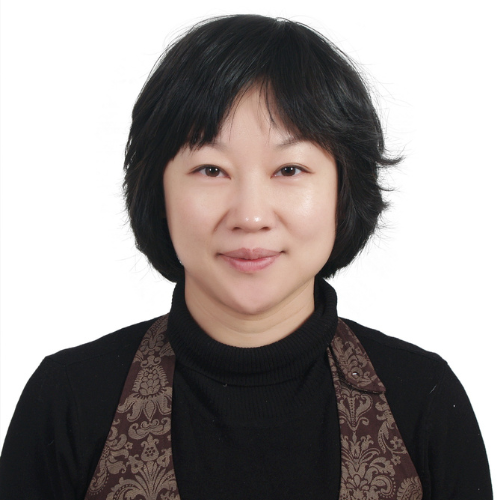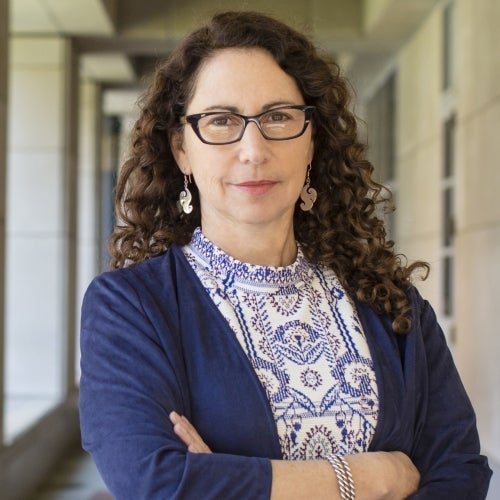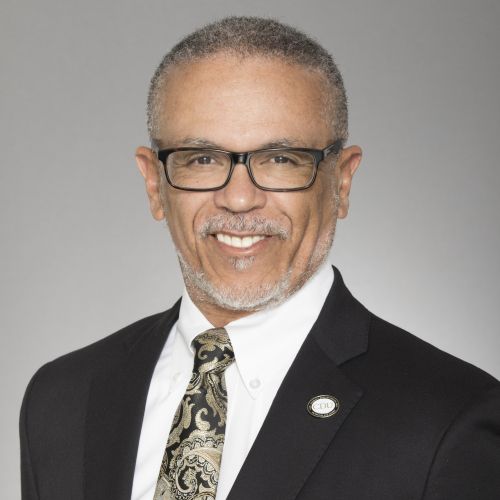"The monkeypox outbreak may be slowing in the U.S., but health officials urge caution"
NPR interviewed Dr. Anne Rimoin about the risks of another monkeypox outbreak.
More than three months into the U.S. monkeypox outbreak, there's a welcome phrase coming from the lips of health officials who are steering the country's response: cautious optimism.
The change in tone reflects "recent signs the rate of growth is slowing," according to a CDC technical report released Thursday. These signs are especially apparent in some of the major cities where the virus arrived early and spread quickly, such as New York City, Chicago, and San Francisco.
Federal officials warn it's still too soon to make pronouncements about the country turning a corner. And they're ramping up a monkeypox vaccination campaign – sending thousands of vaccine doses this Labor Day Weekend to events like Southern Decadence in New Orleans, Atlanta Black Pride and Pridefest in Oakland, to reach large gatherings of gay, bisexual and queer people – especially men who have sex with men – who are at higher risk of getting exposed to and infected by the virus.
Faculty Referenced by this Article
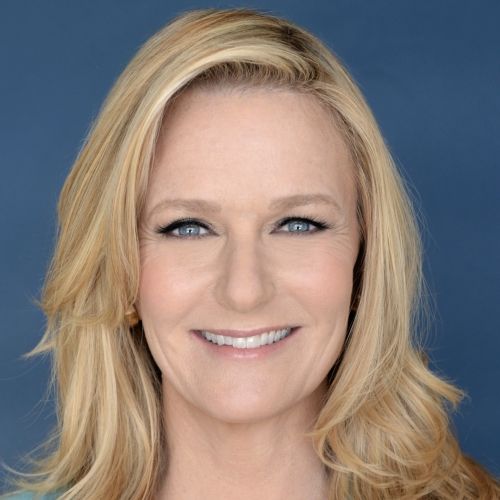
Dr. Anne Rimoin is a Professor of Epidemiology and holds the Gordon–Levin Endowed Chair in Infectious Diseases and Public Health.
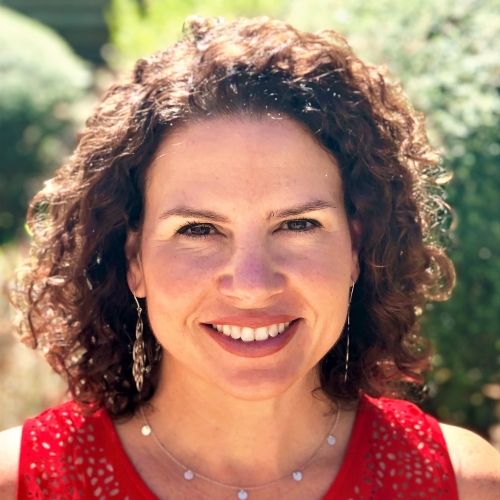
Dr. Joseph Davey is an infectious disease epidemiologist with over 20 years' experience leading research on HIV/STI services for women and children.

Robert J. Kim-Farley, MD, MPH, is a Professor-in-Residence with joint appointments in the Departments of Epidemiology and Community Health Sciences
